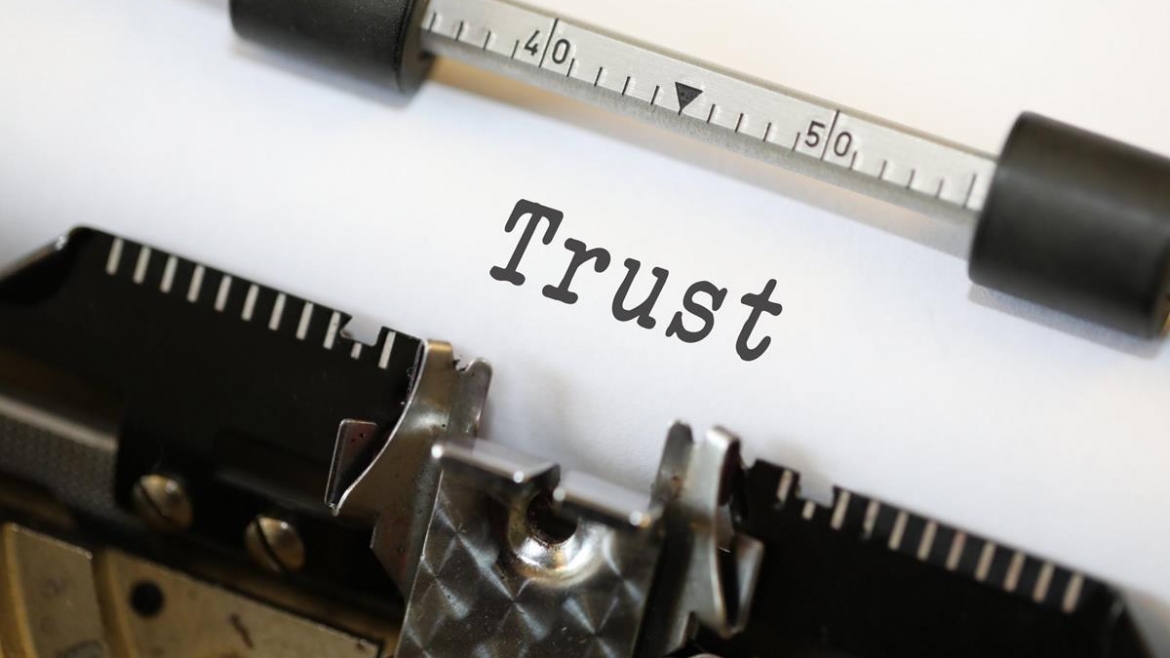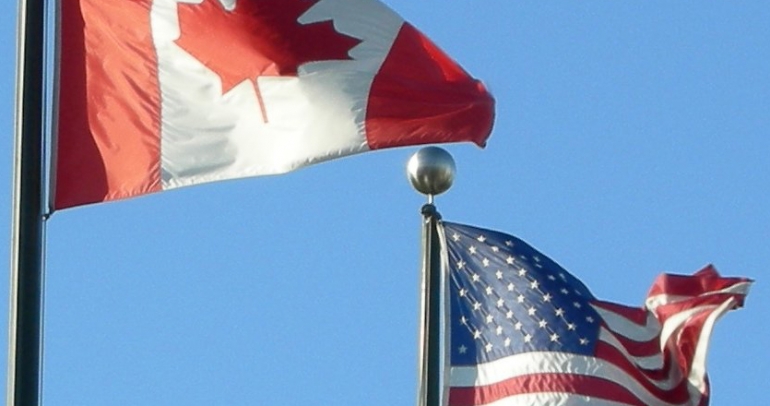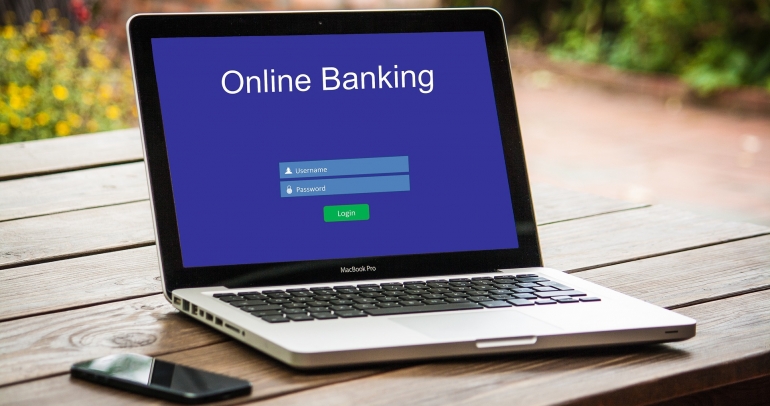The Trust institution starts out in the Middle Ages, when English knights, leaving for Crusades, were used to leave their wealth in custody to their trusted friends who remained in the homeland.
In the event a knight hadn’t turned back, the Crusader’s goods, left in custody to his trusted friend, would have been due to be returned to his bride’s and elder children’s possession.
The English term Trust literally just reminds of the philosophy this relationship is based on.
So as to prevent any of these “trusted” friends to give way to the temptation of keeping the wealth entrusted by his too confident friend, English courts of Equity started ruling their first verdicts in favor of these agreements’ beneficiaries, placing the basics for the birth of the Trust coming up to us through the centuries.
The effectiveness of the institute of Trust is given by evidence that the assets of the large Anglo-Saxon families have been handed up generation to generation than the families from other countries. Since the end of the eighteenth century, more and more Anglo-Saxon families of landowners and industry owners have been getting the habit of using the institute of Trust, especially in more articulated succession matters.
Nowadays Trust is widespread throughout the world and is regulated by specific laws showing that is not just a dusty old-fashioned elegant England’s notion.
Trusts resist today as an innovative element of modern legal systems. The flexible nature of a Trust has allowed them to adapt to the legal and financial global evolving scenario, which means that the new uses and adjustments of the Trust have been constantly developed to meet the needs of the property owners worldwide.
Thanks to The Hague Convention 1985, even the few countries which hadn’t yet had a law on trust are now able to match the regulations.
On the whole, there are three parties involved in an Agreement of Trust:
– a seller, who is the person who establishes the Trust
– the Trustee, who is the person in charge of managing the Trust
– the Beneficiary, who is the person receiving the benefits of Trust.
The best Trust service, check our website, open a trust account, contact us for more information. www.euroinvestbanktrust.co.uk



